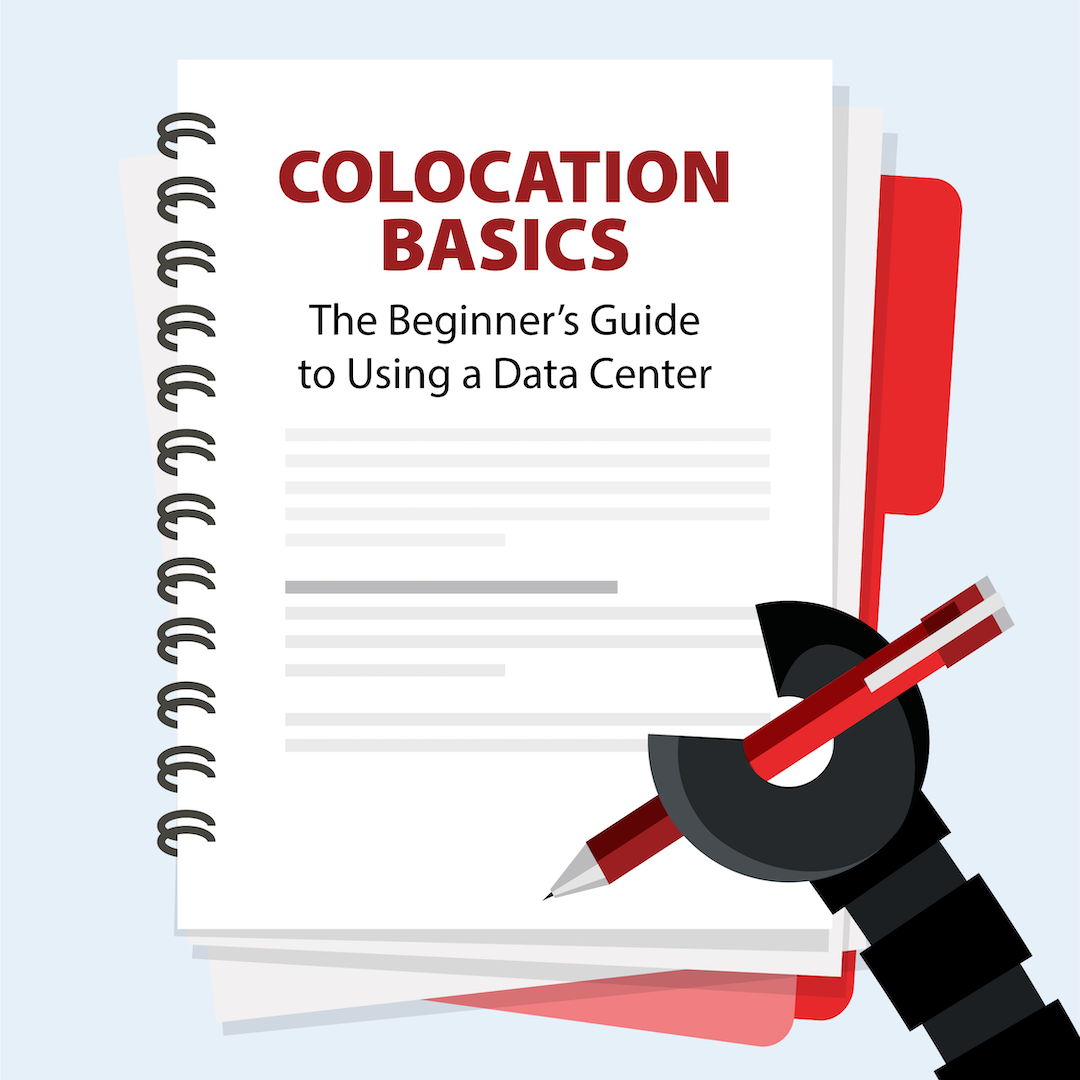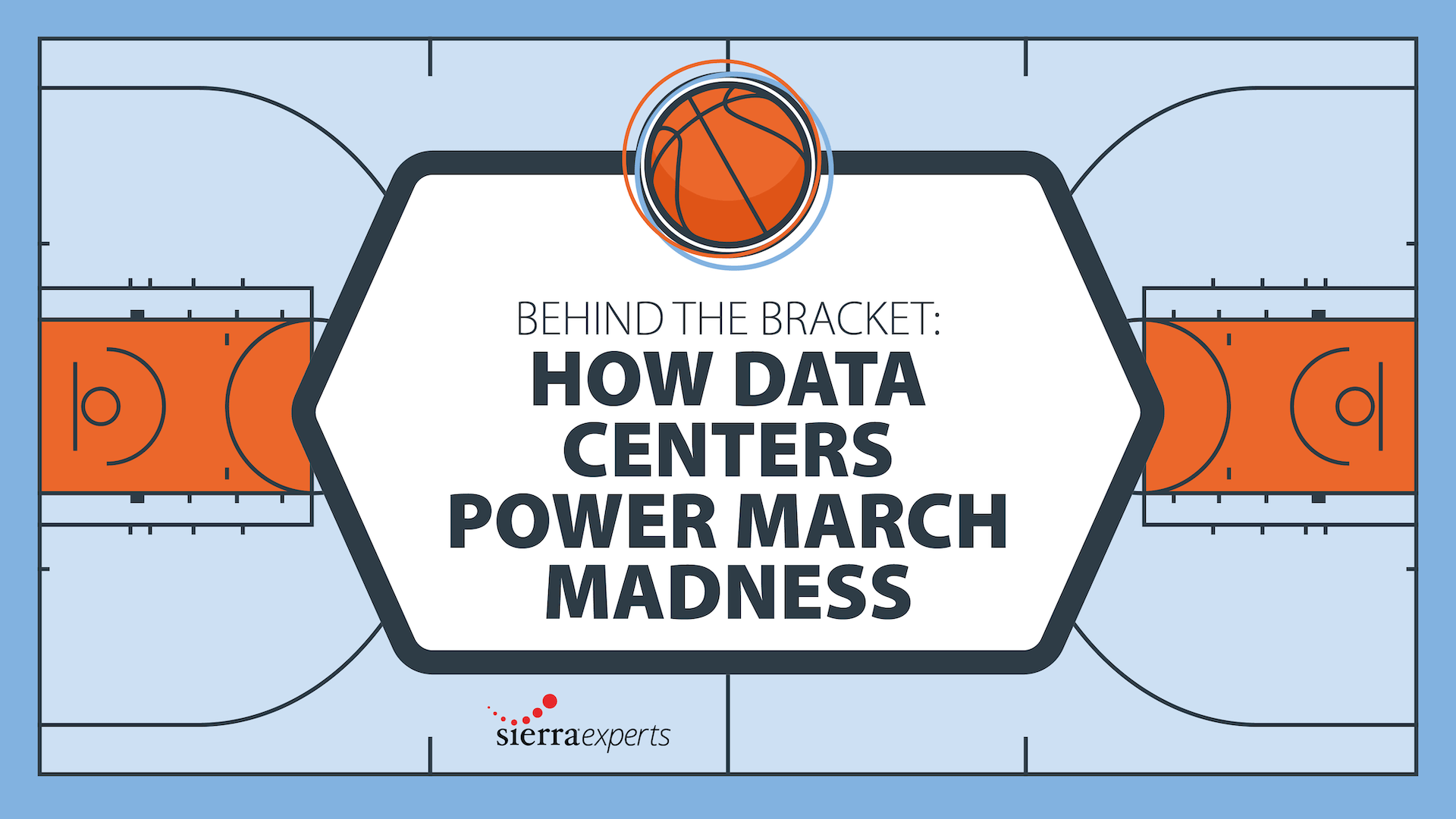What is Colocation in a Data Center?
In today’s digital landscape, the need for businesses to have reliable, secure, and scalable infrastructure to support their operations cannot be understated. This is where colocation, a fundamental data management solution, comes into play. Colocation, sometimes called “colo,” is a solution where organizations house their servers and IT equipment in a third-party data center facility. At its core, colocation involves leasing space within a professional data center, offering a secure and controlled environment for housing servers and related infrastructure.
Most colocation data center providers offer the facility, physical security, bandwidth, power, and cooling and provide connectivity to their customers with various network and high-speed internet connectivity options. Customers must purchase and deliver their equipment and pay the colocation provider to utilize their resources and space within the data center.
Storage Options in a Data Center
Within a data center lie several options for housing and organizing your servers and network infrastructure. Each has a distinct purpose in managing and securing these components. There are three main options: rack, cage, or cabinet.
Rack:
A rack in a data center is an enclosure with mounting slots to house servers and networking equipment. It provides a scalable and organized structure, typically measured in rack units (U), where 1U equals 1.75 inches in vertical space. It’s important to note that racks are a shared space within a data center.
Cage:
A cage is a large, enclosed space within a data center that provides an added layer of security compared to individual racks. Additionally, it is often built with wire mesh or solid walls to create a private area for customers. They are best suited for businesses requiring enhanced physical security for their IT infrastructure, such as financial, government, or healthcare entities.
Cabinet:
A cabinet is essentially an enclosure, a self-contained unit designed to hold servers and networking equipment. While this is similar to a rack, it is enclosed on all sides with a door. It provides another level of physical protection and security.
Benefits of Colocation with a Data Center
Many businesses want to escape the headaches of storing their servers and networking equipment in-house. Operating your own data center can be costly and time-consuming work. With your own facility, you have high upfront costs and recurring maintenance. An alternative may be to move to the cloud. However, some may want to avoid the cloud due to security concerns, compliance issues, cost, downtime, data loss, etc. Many organizations opt to move to a colocation provider for its slew of benefits to the end user.
Cost Savings of Colocation
Utilizing a colocation provider allows you to move from a CapEx model to an OpEx model. You’ll be able to eliminate substantial upfront investments by eliminating the need to build and operate your own in-house data center. In addition to the costly physical housing space, you get hit with recurring operating charges, such as electricity, internet connectivity, cooling systems, etc. With colocation in a data center, you can use shared resources and benefit from cost-efficient power and cooling systems, security measures, and high-speed connectivity without the capital expenses associated with constructing and operating an in-house data center.
The pay-as-you-go model provides flexible scalability, allowing businesses to align expenses with their actual usage needs. This allows for optimized operation expenses and redirects financial resources to core business initiatives.
Reliability of Colocation
A huge benefit of going with a colocation provider is the reliability of their services. Providers typically offer redundancy to their power and efficient cooling systems, all within a physically secure facility. This reduces downtime and ensures your business is always running even in the threat of a natural disaster.
Scalability of Colocation
Growing businesses tend to work with a colocation provider as they provide the scalability you will not find in-house. As your business grows, so does the need for additional servers and equipment. When you store that in-house, you will likely run out of physical storage space within your facility. Another thing to remember is that the growing need for additional servers means the ever-increasing need for power and cooling systems.
As you expand, you’ll likely run into issues with providing enough power and how many CPUs you can cool with your existing HVAC system. Data centers were built to store nearly an endless amount of data. Facilities are designed for businesses to grow. They offer the scalability that growing businesses need and provide at a lower cost than you’d pay to operate and grow in-house.
Offload Maintenance and Monitoring to an MSP
By opting for colocation services from a managed services provider (MSP), businesses can offload the complexities of maintaining and monitoring their IT infrastructure to professionals. This ensures the collocated servers and equipment’s optimal performance, security, and reliability. MSPs typically offer proactive monitoring and management, technical support, and can even assist with software updates and patching. Allowing the business to focus on core initiatives that drive the business and leverage the expertise of an MSP for reliable operations.
Choosing the Right Colocation Provider
Choosing a colocation provider can be a difficult decision. Several factors should be considered to ensure optimal performance and security. The first thing to consider is the location of the colocation provider’s data center. It would help if you considered the data center’s proximity to your location for reduced latency and any compliance needs. Additionally, the physical security of the data center should be considered. Ensure the facility has security measures to ensure no outside sources can access your equipment.
To reduce downtime for your business, ensure the provider has redundancy and reliability in power, cooling, and connectivity. Scalability is also important to accommodate growth, and clear SLAs are vital. Another thing to consider is if the colocation provider offers other services. Do they offer managed services such as monitoring and management that can significantly benefit your business?
Why Choose Sierra Data Centers:
Sierra Data Centers is an exceptional choice for colocation services, offering a strategic blend of reliability, security, and cutting-edge infrastructure. Located in the heart of Pittsburgh, our state-of-the-art facility ensures proximity for reduced latency and compliance with industry standards. With a commitment to redundancy, Sierra Data Centers boasts robust power, cooling, and connectivity systems, providing clients with uninterrupted access and superior network performance. Scalability is a core feature that allows businesses to expand their IT infrastructure seamlessly.
Backed by responsive 24/7 technical support, transparent pricing structure, and our slew of managed services, Sierra Data Centers prioritizes customer satisfaction. Visit Sierra Data Centers to learn more.
Other content you may be interested in:
Blog: Cloud vs. On-Prem





